When a boy is raised without the tools to identify and communicate his feelings, he initially might still be able to express different kinds of emotions. Yet over time, he will end up with a limited ability to express his full emotional range and will slowly become more emotionally anesthetize as he sinks into covert depression. – Assael Romanelli, psychologist
Anime often focuses upon male wish fulfillment in harem and other genres. The trope includes an awkward, often devoid of personality male who has many women fawn over him. Stories like this target men who haven’t had much experience with relationships. It’s vicarious. There’s nothing wrong with these stories. In fact, many of the better ones offer an exploration of how to express emotions and the difficulty of doing so for men, as Romanelli discusses. Such anime and manga can offer tools. Of course, many also offer little in the way of male emotional development. Young men struggle with developing relationships and are interested in them. The market these anime is large.
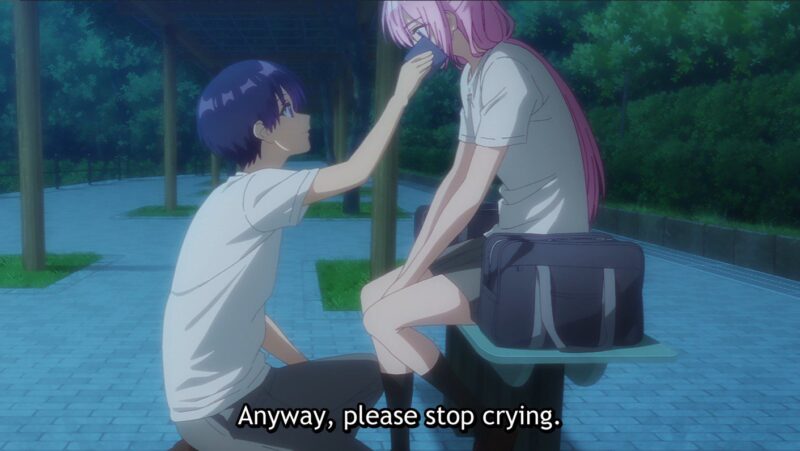
According to Pew Research (Gelles-Watnick, 2023), 63% of American men under 30 describe themselves as single, compared to 34% of women. Of single American adults of all ages, 57% are not looking for a relationship. In Japan around 50.8% of men aged 18-39 described themselves as single in 2015 (Ghaznavi, 2020). The trend is angling upward. I suspect that number will be higher on the next Japanese survey. Gelles-Watnick (2023) writes:
Single men are more likely than their female counterparts to be searching for romantic experiences. Half of these men are looking for a committed relationship and/or casual dates, while 35% of single women say the same.
Men lack emotional tools because of how they are socialized, which feeds into their difficulty developing and maintain relationships. Anime explores this, such as Don’t Toy With Me, Miss Nagatoro. The lack of social education translates into awkwardness and creepy behavior. It can also drive men toward the Pick-up Community and other areas of Men Going Their Own Way umbrella. Traditional masculine norms, while good in many areas, discourage male emotional life (Romanelli, 2023):
Oftentimes these men already suffer from what is called normative male alexithymia, defined as a subclinical form of alexithymia found in boys and men reared to conform to traditional masculine norms that emphasize toughness, teamwork, stoicism, and competition, discouraging the expression of vulnerable emotions. It is considered normative to not feel or describe emotions. Normative doesn’t mean that it’s natural or good. In fact, boys are born just as sensitive as girls are. But through socialization, boys lose permission to feel and become disconnected.
Alexithymia is the inability to observe your own mental and emotional states, read your body’s responses to emotions, and to communicate your emotions to others. Male socialization and pressures to confirm to masculine ideals contribute to the trend of hikikomori. Tamaki Saito, psychiatrist who focuses on hikikomori: “They are tormented in the mind,” he says. “They want to go out in the world, they want to make friends or lovers, but they can’t” (Kremer, 2013). For some, alexithymia puts up another barrier. This is why we often see anime with male characters that either are so bland the viewer can project onto them or the characters otherwise struggle with social interactions, particularly with girls.
The anime Don’t Toy With Me, Miss Nagatoro provides a good illustration. The love-interest of the story, Nagatoro, likes to prod and toy with the awkward and reticent Naoto Hachioji. She likes him, which is why she toys with him as she does. This sort of behavior is realistic. As the story progresses she becomes more direct because Naoto lacks the ability to read her flirty behavior and admit his own feelings for her. He provides a good example of alexithymia. He slowly becomes more socially acclimated thanks to Nagatoro’s prodding. He can even, sometimes, have a reasonable conversation with her and other girls. The progress is glacial (and for those of us who have had relationships, annoying instead of amusing after a point) but Don’t Toy With Me, Miss Nagatoro offers some tools and lessons for young men who are similar to Naoto. Naoto often does the opposite of what he ought to do: namely acknowledge his feelings for Nagatoro and how much he enjoys her company and support. Although if you lack the vocabulary and behaviors, you may not see the obvious actions Naoto fails to do. Nagatoro frequently steps in and spells it out for him and the audience, however, in her playful way.
The Pain of Past Relationships
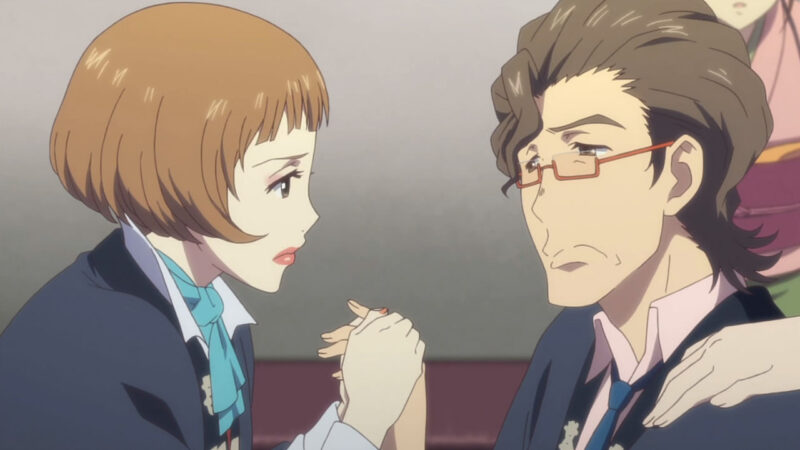
While anime targets the front end of male social pain–the inability to develop first relationships–an online movement has developed among men who have been through broken relationships. The pain these men have experienced shares many of the same hurt and frustrations young, pre-relationship men have. Many of these older men become members of the online movement called Men Going Their Own Way, or MGTOW for short. MGTOW is an umbrella for many different male groups, including incels, pickup artists, and men who just want to focus on their own self development. It’s common to see MGTOW members to blame women for the state of men (and blaming men too): “Women are essentially portrayed as parasites riding on the coattails of men, who have, throughout history, been responsible for ‘far greater miracles of science, discovery, and human endeavour’” (Bates, 2020). While many areas of MGTOW aren’t healthy, and blaming women isn’t productive, the areas that focus on self development are helpful.
These self-development groups provide grass-roots support and brotherhood for men who have been emotionally injured and lack the tools needed to cope. These groups advocate for self-education, learning emotional and social skills, and improving physical health. The best of these groups don’t blame women for anything and avoid the “pill” ideology common to other areas of MGTOW and within some areas of the otaku community for that matter.
MGTOW “pill” ideology differs a bit from its subgroups’ understanding. The basis remains the same, but the outgrowth of it differs. The red pill is the realization that as a man the world world against you. I’m not going to challenge this perspective in this article. After this realization, you find 4 different levels (Bates, 2020):
- Level 1: a man rejects long-term relationships with women.
- Level 2: a man rejects short-term relationships with women.
- Level 3: a man disengages from unnecessary economic activity.
- Level 4: a man drops out from society, living off-grid.
Most members of MGTOW hover around level 2, preferring to discuss the “evils” of women and the dangers of interacting with women. Bates (2020) writes:
MGTOW believe that women are extremely likely to make false accusations of sexual or domestic violence, in order to damage men socially, steal their money or even have them jailed.
In part, this is a reaction to the #MeToo movement. Many men felt the need to protect themselves from false accusations (which do happen), but it leads to a type of hikikomori.

MGTOW comes from a place of hurt and fear. Men fear getting hurt emotionally because we are not taught how to handle emotional pain. Ancient ideals of masculinity acknowledged male emotions. Crying, for example, was seen as a sign of male confidence, sensitivity, and strength at times during the Roman period and in Japan’s Heian period. Genji often cries. Modern masculinity lacks this emotional life. This lack of emotional understanding leads to what we see an anime at the front of a man’s social life and what we see at MGTOW at the backend of a man’s social life.
Again, not everything in Men Going Their Own Way is unhealthy. The idea that men can be whole without relationships and sex is a healthy idea. However, like most things on the Internet, wrong ideas and cognitive biases have slipped inside. Red pill ideology finger-points and frames men as victims. Victimization is a cognitive failure born out of confirmation bias, the backfire effect, and other normal, common failures in reasoning. However, victimization comes from real emotional pain and experiences.
It seems odd for me to link MGTOW with anime’s young-men wish fulfillment, but underneath both sits a desire for emotional connection and intimacy. The sexual elements of both stand in for this desire because sex is a common cultural way for a man to communicate emotion. The emotions may be anger, frustration, attraction, loneliness, connection, or love. Men who seek hookups may believe they seek pleasure, but the desire to feel good comes from their unexpressed well of emotions. As Carl Jung asked: “How can anyone see straight when he does not see himself and the darkness he unconsciously carries with him into all his dealings?” The same desires drive young men to consume hentai, anime, pornography, video games, and other spectacles.
Stories and Framing
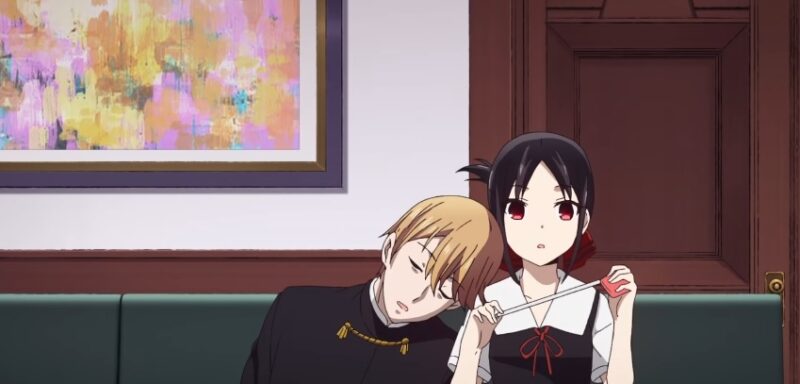
Behind all we’ve discussed sits story. MGTOW creates a narrative that binds its different subgroups together. Story provides a means of viewing the world and making sense of it. It provides a way for the Jungian darkness to express itself. So too anime’s stories provide a frame for young men to explore fantasies and their own desires for relationships and emotional intimacy.
Stories also provide a means for men to learn healthier ways to express and sit with their emotions and Jungian darkness. When at its best, anime offers safe areas for young men to feel and come to understand their emotional lives. This practice of using stories traces to Homer and far beyond to the first campfire stories. Stories provide a means for masculinity to reclaim the emotional side that has been lost. Many of the healthier groups in MGTOW have taken up studying philosophies like Stoicism which acknowledge and dive into the male emotional landscape.
Men need brotherhood and narratives to help them understand and recover their emotional lives. The modern (mis)understanding of masculinity falls short of the ancient understanding. The ancient understanding, like Stoicism and even Bushido–the branch that doesn’t glorify suicide anyway–provide a good starting point. However, men can’t stop there. In order to be healthier, masculinity needs to develop a richer emotional vocabulary.
References
Bates, Laura (2020) Men going their own way: the rise of a toxic male separatist movement. The Guardian. https://www.theguardian.com/lifeandstyle/2020/aug/26/men-going-their-own-way-the-toxic-male-separatist-movement-that-is-now-mainstream.
Gelles-Watnick, Risa (2023) For Valentine’s Day, 5 facts about single Americans. Pew Research Center. https://www.pewresearch.org/fact-tank/2023/02/08/for-valentines-day-5-facts-about-single-americans/
Ghaznavi C, Sakamoto H, Nomura S, Kubota A, Yoneoka D, Shibuya K, et al. (2020) The herbivore’s dilemma: Trends in and factors associated with heterosexual relationship status and interest in romantic relationships among young adults in Japan—Analysis of national surveys, 1987–2015. PLoS ONE 15(11): e0241571. https://doi.org/10.1371/journal.pone.0241571
Honjo, K., Kawakami, N., Tsuchiya, M., & Sakurai, K. (2014). Association of Subjective and Objective Socioeconomic Status with Subjective Mental Health and Mental Disorders Among Japanese Men and Women. International Journal of Behavioral Medicine, 21(3), 421–429. https://doi.org/10.1007/s12529-013-9309-y
Kremer, William, Hammond, Claudia (2013) Hikikomori: Why are so many Japanese men refusing to leave their rooms? BBC News. https://www.bbc.com/news/magazine-23182523
Romanelli, Assael (2023) Why men struggle with their emotions. Psychology Today, April
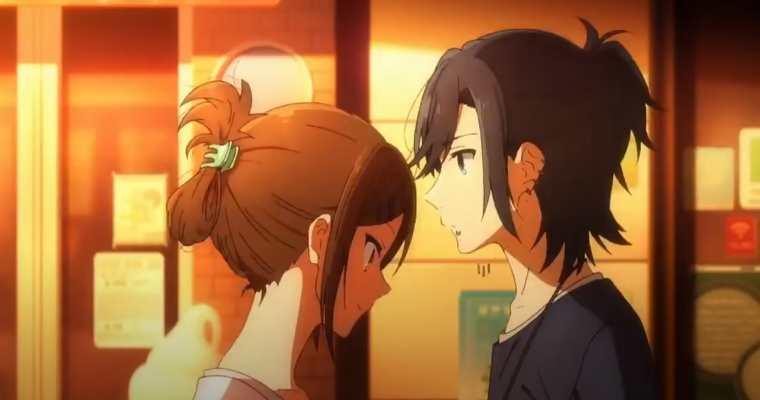
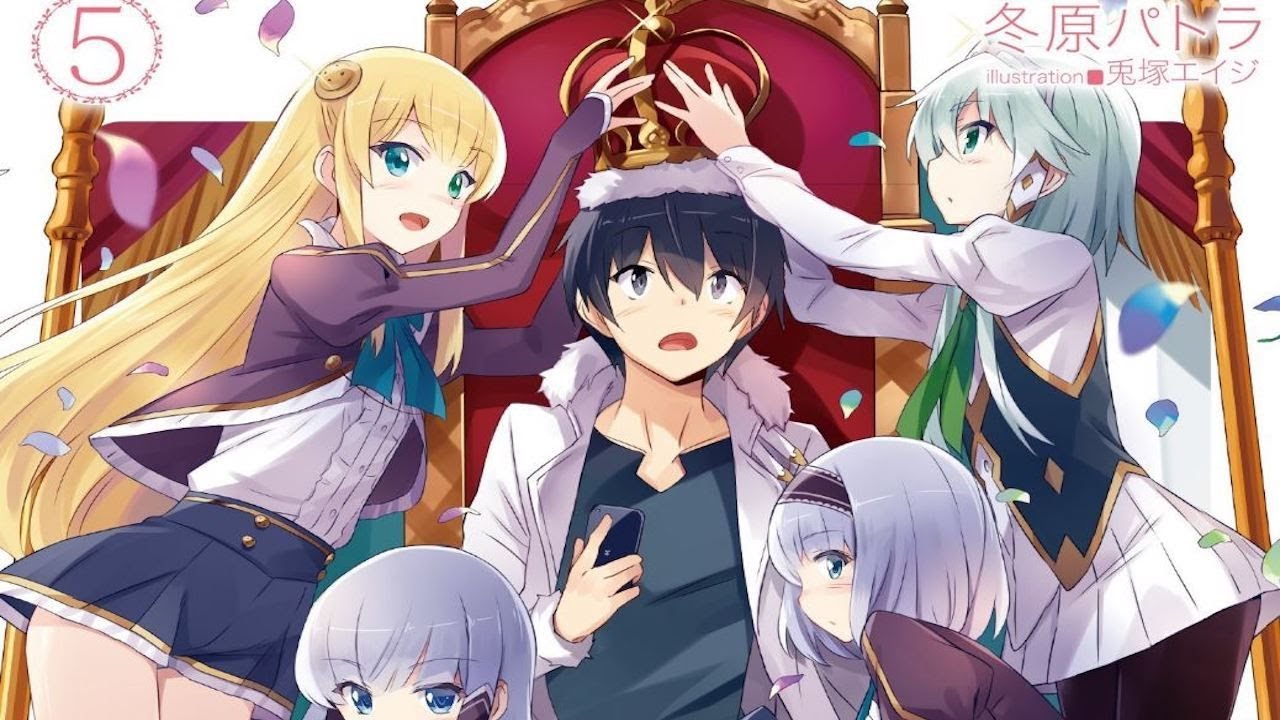
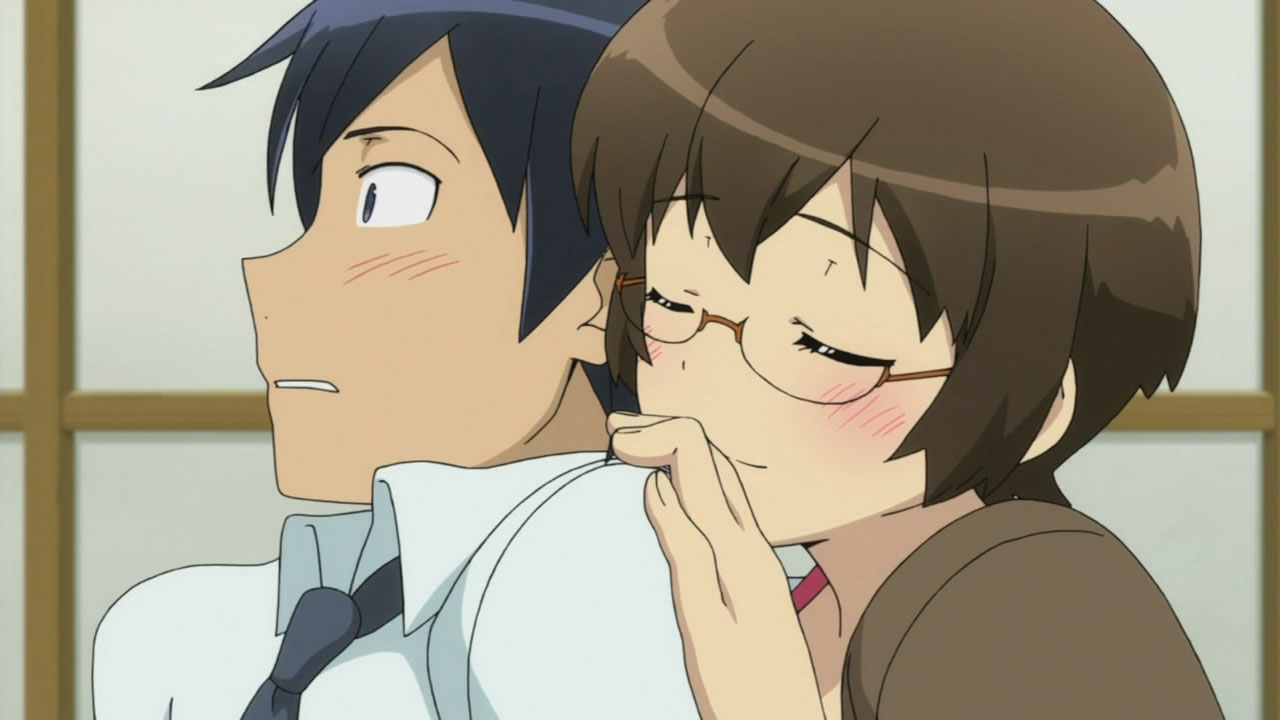
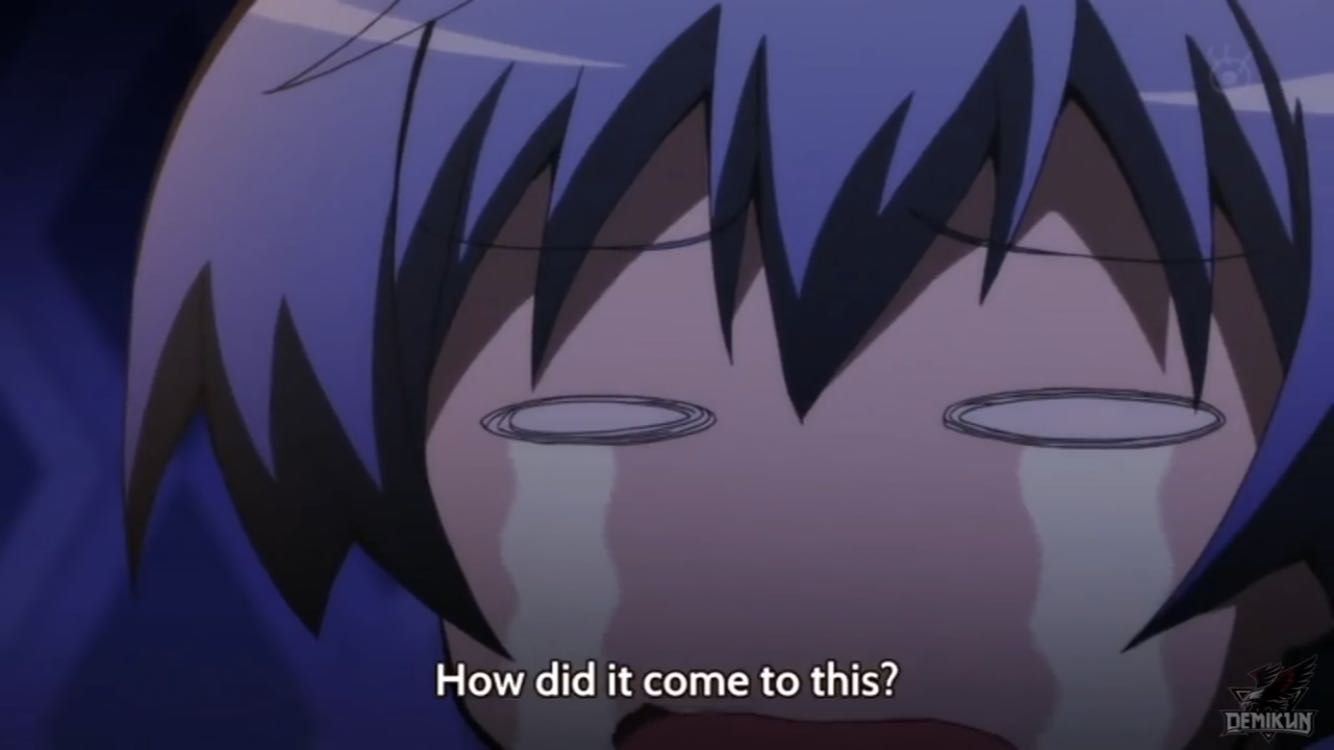
I wholeheartedly agree with this article. It reminds me of my friend, an IT professional and avid anime fan. Some anime, despite clichés, reflect his struggles with relationships and emotions. “Don’t Toy With Me, Miss Nagatoro” resonated with him as the protagonist’s emotional challenges mirror his own. The article’s insights on storytelling’s role in emotional growth are spot on. My friend’s experiences confirm the article’s message about the importance of developing a richer emotional vocabulary in modern masculinity. Overall, I strongly agree with the article’s perspective.
“Don’t Toy with Me, Miss Nagatoro” is an amusing story. Nagatoro tries hard. Do you have any ideas as to how men could develop a better emotional vocabulary?